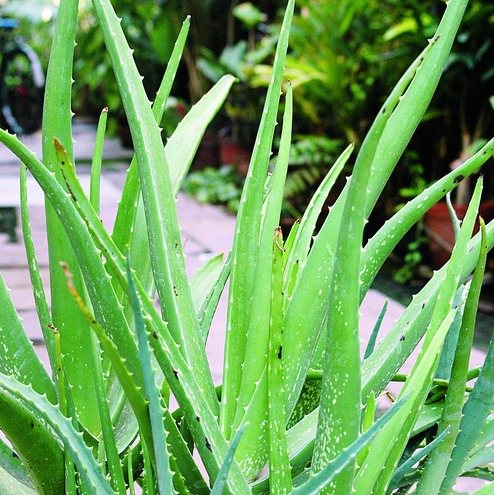
Guwahati: The recent Nasa findings that ornamental plants release maximum oxygen seem to have prompted the Assam government to plan massive urban agriculture and vertical farming to grow such plants, fruits and vegetables.
The draft agriculture policy, 2018, prepared by the state agriculture department, said outsourcing spaces available in urban and semi-urban areas can be utilised for gainful agricultural activities such as cultivation of fruits, vegetables, flowers and other animal farm products in mini-commercial scale.
"Such farming can contain air pollution, improve micro climate of homesteads and contribute towards an aesthetic culture and landscaping and waste management through organic recycling.
"As reported by Nasa recently, household ornamental plants like aloe vera, areca, ficula, ivy, basil ( tulsi) and snake plants are very dynamic in release of oxygen and hence named as oxygen plants. Spaces available under homesteads, roadside areas and dividers of highways in cities, rooftops, open areas of recreational parks, various institutional gardens and real estate can be ideally targeted for urban agricultural planning," the draft said, adding that this can be very conveniently taken up in newly developing towns and cities and other areas with creative interventions from the beginning.
Vertical farming - which includes growing fruits, vegetables, medicinal plants and flowers in buildings and spaces in urban areas - is relatively a new concept and it is yet to pick up in states like Assam where agriculture is confined mostly to rural areas. An estimated 27.2 lakh families are dependent on agriculture.
This comes amid growing concern against haphazard use of pesticides and insecticides mainly by fruits and vegetable farmers and urban peoples' growing crave for organic products.
A PIL was recently filed in Gauhati High Court by a lawyer for restriction/ban on excessive use of pesticides, stating that this results in contamination of food items and can even lead to cancer.
The draft policy, which will be finalised after public opinion and suggestions, revealed that banned chemicals are still used by farmers in the state.
It said recommended doses are overlooked and farmers of commercially-growing pockets adopt very high doses, much beyond the prescribed limit.
The area of cultivation in the state is also declining mainly due to problems such as erosion, rapid urbanisation, industrialisation, conversion of agriculture land for homestead and expansion of roads and other infrastructure.
The draft says options will be explored - whether it can be made mandatory for country and town planning, municipality, city metropolitan development authority, soil conservation departments to accommodate horticultural experts in their department -by creating posts for modern landscaping of city areas and its peripheries.










